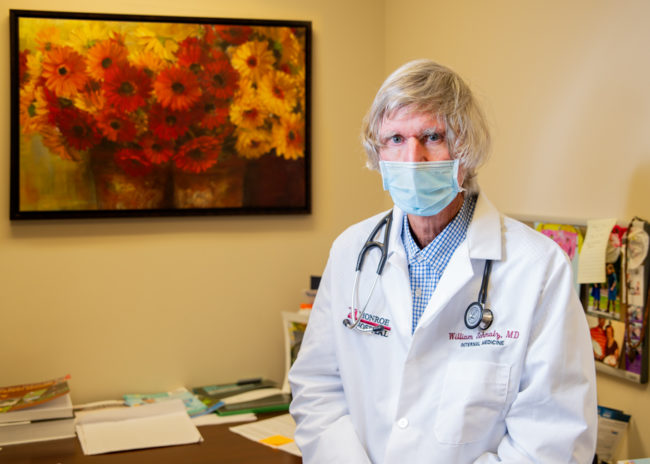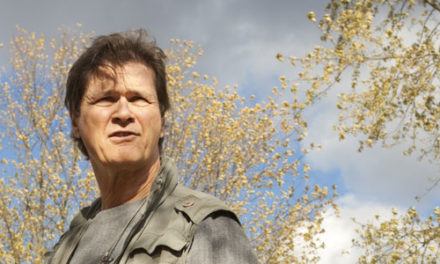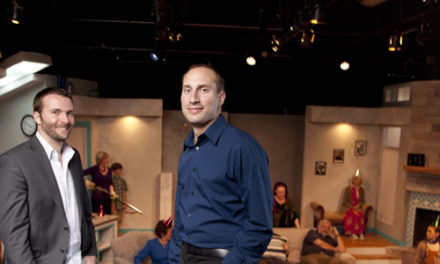
by TRACY ZOLLINGER TURNER
“The challenge of COVID-19—even today, when we know much more about it than we did in the beginning—is still the unknown,” says Dr. William Schmalz of Monroe Hospital. With well over 40 years of experience practicing internal medicine in Indiana, “rarely have I lived with as much uncertainty about a disease state and absolutely no known effective cure, much less appropriate, definitive treatment.”
Schmalz, 73, along with colleagues Amadeep Singh, Daniel DeSalle, and Eric Trueblood, have led Monroe Hospital’s response to the pandemic, supported by a team of nurses and medical staff. They’ve had to learn through trial and error and from small, anecdotal studies instead of the long-term scientific research they ordinarily rely upon. Nowadays, Schmalz spends long parts of his day learning what physicians in harder-hit cities have found success or failure doing.
“It’s frustrating,” he says. “Usually, if you get sick, I can figure out something that’s going to make you well, or at least have a treatment in place. In this case, we’ve just had to look for anything feel guilty not to participate in something so incredibly challenging and threatening to my fellow citizens.”
Schmalz is optimistic that scientific research can eventually rise to meet the challenges of COVID-19, but the fact that the disease—and methods of prevention, such as mask-wearing—have been politicized deeply concerns him. “It seems to me this could be much more easily controlled and contained if human beings were simply more considerate of their fellow man than they are.”
















Dr. Schmulz is a real doctor in the true sense of the word. He is looking past symptoms, to find the source. I’m going to owe him my life, the part my grandsons will get to see, if he’s able to figure it out, and if anyone can, it’s him.